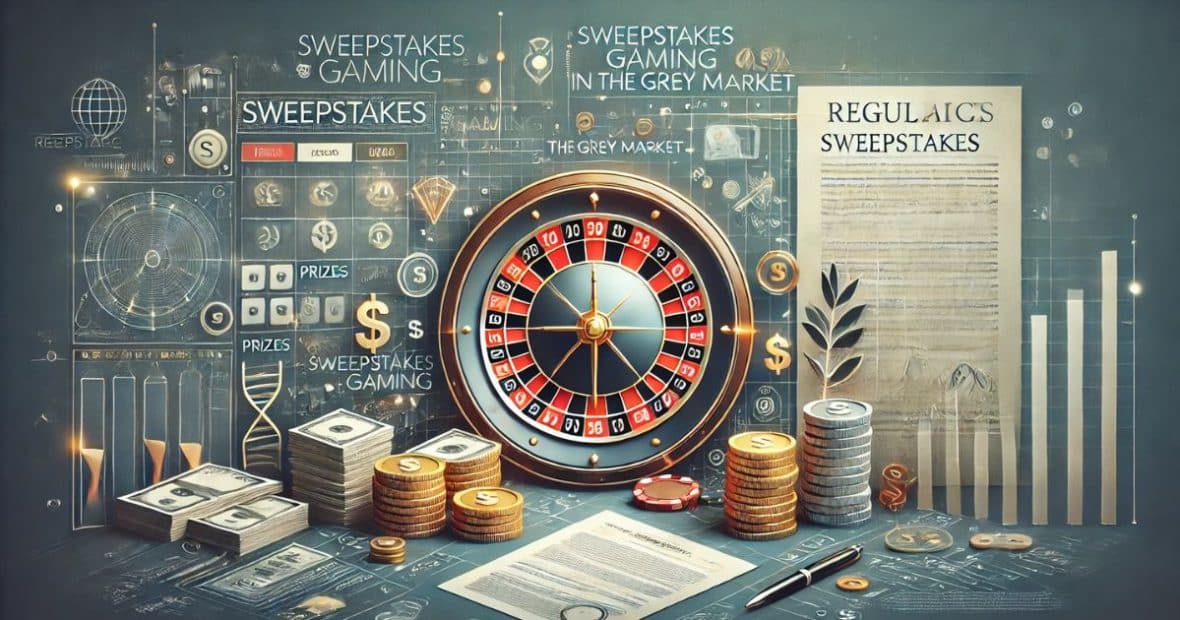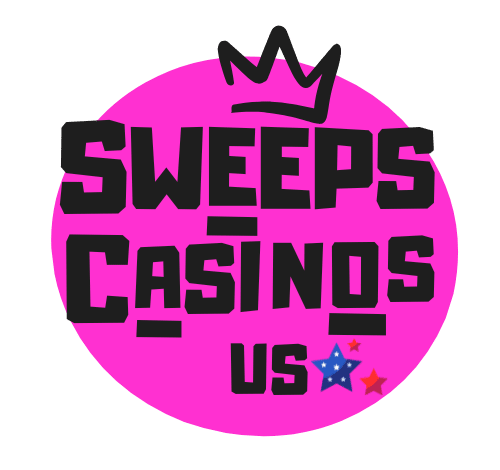Sweepstakes Gaming and the Grey Market Concept

In the world of gaming, there’s one area that’s currently causing a lot of buzz—sweepstakes gaming. It’s growing rapidly, but there’s still a lot of confusion surrounding it. Is it legitimate, or is it just another grey market waiting for regulation to catch up? Let’s break down the debate and explore what this all means for the future of the gaming industry.
What Exactly is Sweepstakes Gaming?
If you’re not familiar with sweepstakes casinos, don’t worry. Here’s the gist: It’s a model where players buy virtual currencies, like Gold Coins, to play games. The twist comes with something called Sweeps Coins—players can redeem these for prizes or even real money. The key point here is that it doesn’t work like traditional gambling. You’re not directly wagering money to play the games. Instead, you’re entering a promotional sweepstakes for a chance to win.
Now, here’s the big question: Is it really gambling, or is it just a creative way to engage people?
The “Grey Market” Dilemma
To understand why this is such a hot topic, we need to talk about the “grey market.” This term comes up when we’re talking about products or industries that don’t have clear regulations. The grey area exists because laws can’t always keep up with the fast pace of technology—especially in gaming. Some experts say that sweepstakes gaming fits right into this category.
Edward King, a venture capitalist who’s invested in sweepstakes gaming, explained it best at the Global Gaming Expo (G2E) in Las Vegas. He pointed out that the term “grey market” can mean different things depending on where you are. In places like Asia, there might be no regulation at all. But in the U.S., it often refers to laws that haven’t quite kept up with new tech and new gaming models.
“The U.S. has a ton of history of grey market-type products,” said King. “Taking those products through an evolution—either they get banned outright, or they get licensed and regulated.”
This makes a lot of sense, right? As the market grows, it could eventually fall under proper regulation. But there’s no guarantee about how quickly—or whether—this will happen.
Is Sweepstakes Gaming Just a Gambling Loophole?
Some critics believe that sweepstakes gaming is nothing more than a cleverly disguised form of traditional gambling. Howard Glaser, from Light & Wonder, is one of the loudest voices in this camp. He argues that, in essence, when players pay money for a chance to win money, it’s gambling—plain and simple.
“Gaming regulators are very clear,” Glaser said at G2E. “If you pay money for a chance to win money, that is gambling.”
But the sweepstakes industry isn’t backing down. Advocates argue that it’s a fresh way to engage users, combining the social aspects of gaming with the thrill of a sweepstakes. It’s not as simple as just calling it gambling—there’s more to the picture.
The Investment Perspective: Betting on the Grey Market
Despite the controversy, there’s no shortage of investors willing to back sweepstakes gaming. The potential rewards are huge, and the market is exploding. But it’s not without risk. While some see it as a goldmine, others are cautious about jumping in too early.
Matt Davey, a former gaming executive, spoke about the balancing act investors face. “The question is, how early in that cycle do you want to put capital to work?” Davey said. “Clearly, there’s product-market fit, but does this fit within a regulated environment?”
For investors, this is a bit of a gamble—especially given the uncertainty around regulations. But many are betting on sweepstakes gaming as a market that’s poised for growth. Whether or not it will be properly regulated remains to be seen.
Are Regulators Getting Involved?
One of the biggest hurdles sweepstakes gaming faces is the increasing attention from regulators. States like Michigan are already taking action to curb the growth of sweepstakes gaming. In fact, Michigan even sent a cease-and-desist letter to VGW, the operator behind popular platforms like Chumba Casino and Luckyland Slots.
John Lessnau from the Michigan Gaming Control Board has been vocal about the risks of sweepstakes gaming. He argues that, over time, this model could evolve into something much closer to traditional gambling. He used the McDonald’s Monopoly sweepstakes as an example of how something that starts as a promotional tool could eventually become a full-blown lottery.
“The expansion of gambling is a big push,” Lessnau said. “Sweepstakes are gambling when they’re run all the time, 24/7.”
It’s clear that regulators are keeping a close eye on this space, and that scrutiny is likely to increase.
The Future of Sweepstakes Gaming: Regulation or Crackdown?
So, where does all of this leave the future of sweepstakes gaming? Well, there’s a lot of uncertainty. The industry could either evolve into a fully regulated market, or it could face crackdowns in more states as regulations catch up. For now, sweepstakes gaming seems to exist in a grey area—but for how long?
For investors, the stakes are high. The market is booming, but the regulatory future is still unclear. The question is: Will sweepstakes gaming eventually be absorbed into the regulated market, or will it be banned altogether?
One thing’s for sure: The conversation around sweepstakes gaming is just getting started, and it’s going to be interesting to see how it plays out in the coming years.
Don’t have yet a sweeps casino account? Check our recommended sweeps casinos in the US and select yours!

